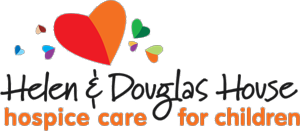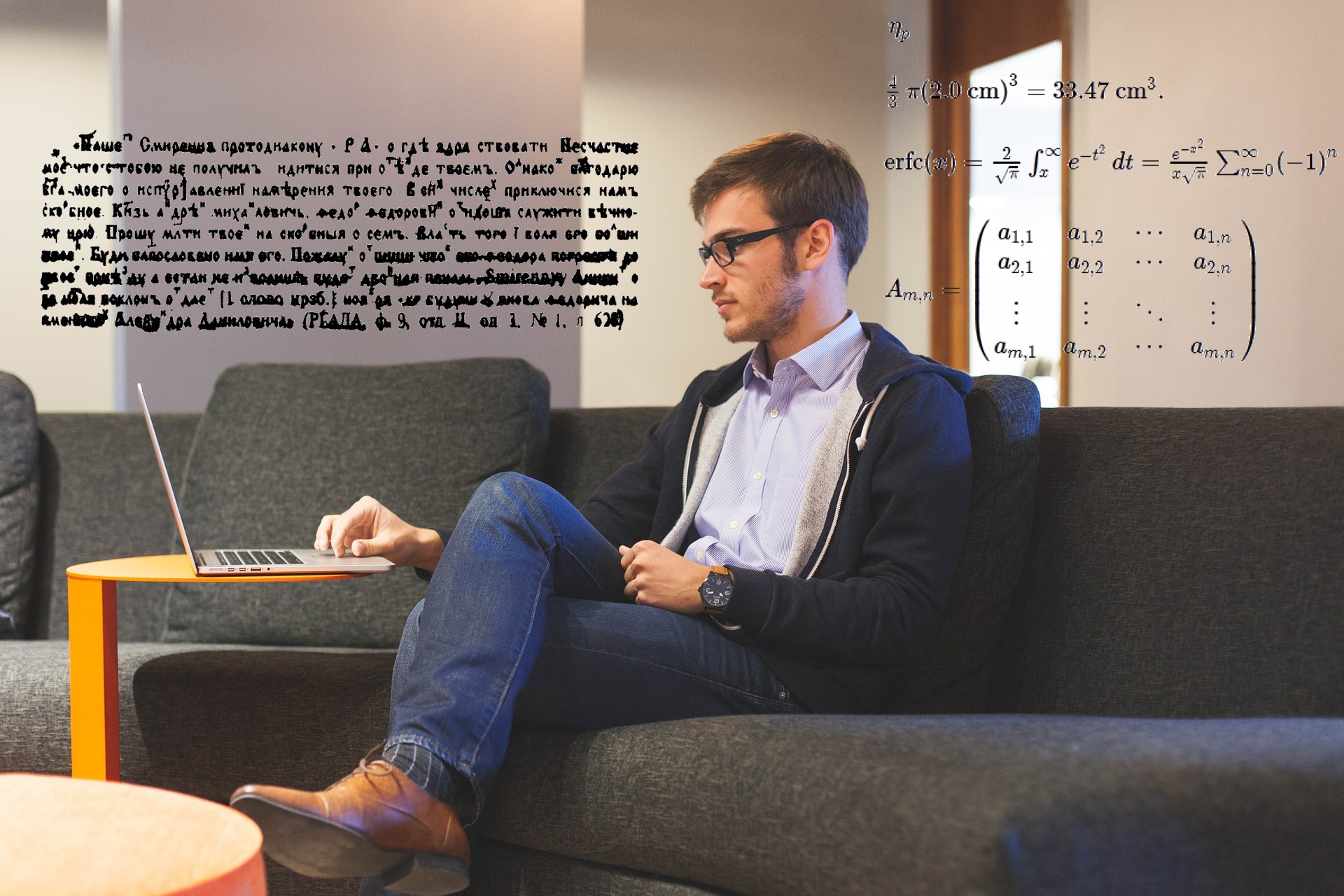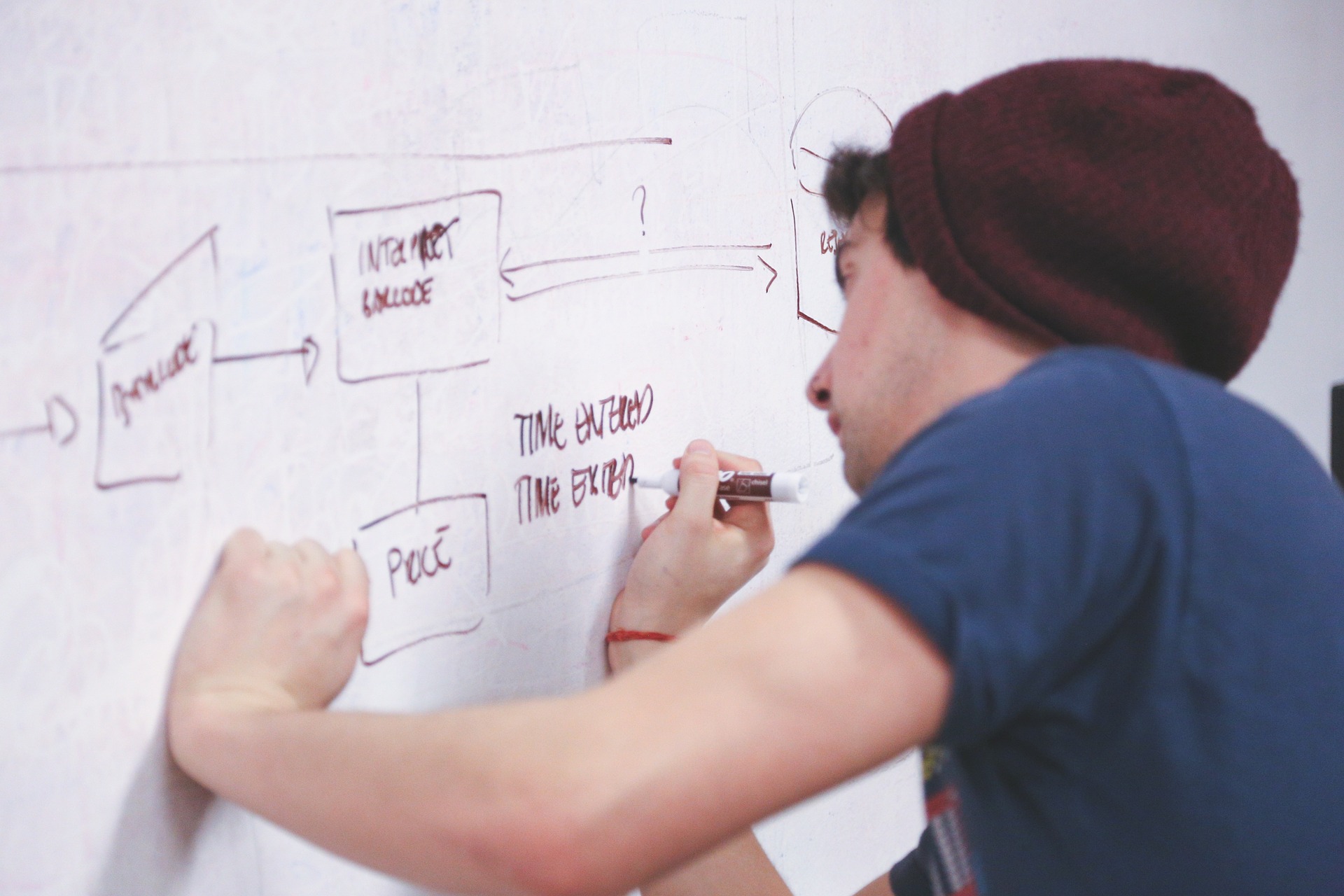
+44 1349 470002
United Kingdom
+44 1349 470002

Cart

 Enquire
Enquire
 ITIL® Practitioner
ITIL® Practitioner
 ITIL® Service Lifecycle - Service Transition
ITIL® Service Lifecycle - Service Transition
 ITIL® Service Capability - Operational Support And Analysis
ITIL® Service Capability - Operational Support And Analysis
 ITIL® Service Capability - Planning, Protection, And Optimization
ITIL® Service Capability - Planning, Protection, And Optimization
 ITIL® Service Capability - Release, Control & Validation
ITIL® Service Capability - Release, Control & Validation
 ITIL® Service Lifecycle - Service Strategy
ITIL® Service Lifecycle - Service Strategy
 ITIL® Service Lifecycle - Service Operation
ITIL® Service Lifecycle - Service Operation
 ITIL® Service Capability - Service Offerings & Agreements
ITIL® Service Capability - Service Offerings & Agreements
 ITIL® Service Lifecycle - Service Design
ITIL® Service Lifecycle - Service Design
 ITIL® Service Lifecycle - Managing Across The Lifecycle
ITIL® Service Lifecycle - Managing Across The Lifecycle




 Certified EU General Data Protection Regulation (EU GDPR) Foundation
Certified EU General Data Protection Regulation (EU GDPR) Foundation
 Certified EU General Data Protection Regulation (EU GDPR) Foundation and Practitioner
Certified EU General Data Protection Regulation (EU GDPR) Foundation and Practitioner
 Certified EU General Data Protection Regulation (EU GDPR) Practitioner
Certified EU General Data Protection Regulation (EU GDPR) Practitioner
 Certified Data Protection Officer (CDPO)
Certified Data Protection Officer (CDPO)
 Dealing with Subject Access Requests (SAR)
Dealing with Subject Access Requests (SAR)
 Dealing with Subject Access Requests (SAR) - An Executive Briefing
Dealing with Subject Access Requests (SAR) - An Executive Briefing
 EU General Data Protection Regulation (EU GDPR) Awareness
EU General Data Protection Regulation (EU GDPR) Awareness




 Programming & Database
Programming & Database

Question of the Month - November 2015
An experienced Project and Programme manager writes:
“Two methods that I have used regularly in my work over many years (PRINCE2 and MSP) both share a common principle, that of ‘Learning from Experience’. Is this more than just maintaining a lessons learned log? What would you understand ‘experience’ to mean in this context, and how does it apply to me on a personal level?”
Wikipedia says experience is the knowledge or mastery of an event or subject gained through involvement in or exposure to it. Knowledge and mastery sound good things to be gained, and Einstein seemed to agree when he said the only source of knowledge is experience.
Something that is clearly linked to experience is failure. Oscar Wilde said “Experience is simply the name we give our mistakes”, while Auguste Rodin was a little more positive about it with “Nothing is a waste of time if you use the experience wisely”.
Of course experience is not simply a function of time – we are not ‘experienced’ merely because we have been doing something for a long time. Someone doing the same things for 30 years does not mean they have 30 years of experience – they may just have one year’s experience repeated 30 times. Or as Charlotte Bronte wrote in Jane Eyre “I do not think, sir, you have any right to command me, merely because you are older than I, or because you have seen more of the world than I have; your claim to superiority depends on the use you have made of your time and experience.”
The principle of ‘learning from experience’ stresses the learning,
the process rather than the event of a single experience, and I think that we would find it more helpful to think of our organisational and personal development in those terms - as a process.
Phrases like ‘life-long learning’ and ‘continuous professional development’ are very helpful here because we should see our learning as a journey not a destination, a process not a target.
So, how can we apply the principle of learning from experience daily? How can it be on our daily to-do list?
Part of my job is to design and deliver accredited (i.e. including externally assessed examinations) training courses. Delegates attending these courses usually have a goal of passing those examinations. Some succeed, but unfortunately some do not. For those that do not pass the examination there could be a sense of failure resulting from this event, unless they are seeing the training course and all it entails as part of a larger system or process. The system of life-long learning, the process of learning from experience.
I would much rather see a re-framing of this goal and make it part of the larger, ongoing system or process of learning, and that the learning is seen as ‘life-long’. I think goals are fine, but I agree with Scott Adams when he writes that systems are better. There is a lot more to learning than passing an examination!
Here are a few things that will help us make learning from experience a daily, to-do item:
1. Take personal responsibility for your learning, after all, no-one else can
2. Decide that making mistakes is OK. Failure is not a person, failure is more than an event, failure is a learning opportunity
3. Put yourself in situations that are likely to result in you making mistakes
4. Reflect regularly on your learning experiences, perhaps keep a journal
5. Make changes and corrections in what you do and do them courageously and boldly. Remember that it is only through doing something different next time that you show that you have learned the lessons of experience.




Thank You For Your Enquiry.
Our representative will get in touch with you shortly.You can also:Call Us: +44 1349 470002
Email Us: info@pearcemayfield.com
Thank You For Your Enquiry.
Our representative will get in touch with you shortly.You can also:Call Us: +44 1349 470002
Email Us: info@pearcemayfield.com